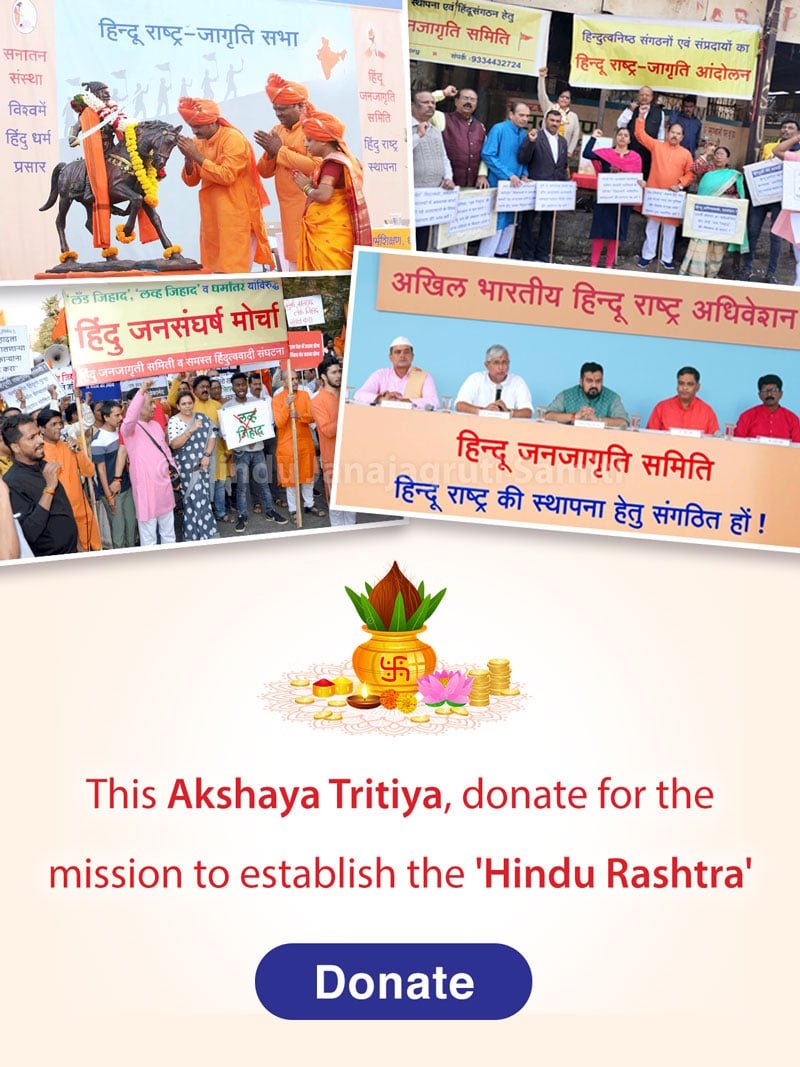Hindu organisations in Karnataka’s Vijayapura have warned against allowing Muslim vendors to set up stalls and do business in the upcoming Shri Siddeshwara Jatre, a Hindu religious fair which dates back to over a hundred years. The fair is organised every year since more than hundred years on Makara Sankranti.

As preparations are underway for the historic fair, Hindu groups including the Shri Ram Sena and others have demanded that the Muslim community should not be allowed in the festival. Devotees from North Karnataka and Maharashtra participate every year.
Hindu groups assembled outside the Siddheshwar Temple in the city and said that they will stage protests if their demand is not heeded.
They reportedly argued that Muslim vendors do not respect the law of the land and don’t value their culture.
They also reportedly pointed out that the Muslim community has repeatedly hurt the religious sentiments of Hindus. Cases of cow slaughter, beef consumption and love/grooming jihad, abusing Hindu women and murdering them are on the rise, the Hindu groups reportedly said.
It is in this context that Hindu activists have said that if Muslim traders are allowed, the former will put up a fierce fight.
The activists reportedly said that Muslim shopkeepers are not allowed to do business in Hindu temple complexes and religious fairs in the state and the same should be followed in Shri Siddheshwar temple fair.
Reports say that the practice of not allowing Muslim traders to do business in Hindu festivals has been followed in several parts of the state.
The Hindu groups have also appealed to BJP MLA Basanagowda Patil Yatnal saying that they are hopeful for a response.
Moreover, Maha Sangh of Temple Mutts and Religious Organisations and the Hindu Jan Jagriti Sangh have said that non-religious people are prohibited from doing business in Hindu temple fairs.
In August this year, the Karnataka Rajya Hindu Jaatra Vyaparasthara sangha appealed to the government not to allow non-Hindus to set up shops during fairs or annual festivals of temples under the Endowment Department.
Sangha President Mahesh Das cited section 31 (12) of the Karnataka Hindu Religious Institutions and Charitable Endowments Act which states that no property including land, building or site situated near the temple should be leased to non-Hindis.
In October, the Mangaluru police booked Dakshinna Kannada district VHP joint secretary Sharan Pumpwell for calling for a boycott of Muslim traders during festivals in Hindu temples in Karnataka.
About a week ago, President of a traders’ body in Mangaluru, BK Imtiaz reportedly submitted a memorandum to the Deputy Commissioner MP Mullai Muhilan alleging that Muslim businessmen were prohibited from putting up stalls in the Kudupu Ananthapadmanabha temple during the ‘Shashthi Mahotsav’.
The Dakshina Kannada and Udupi Districts Religious Fair Businessmen’s Coordination Committee had reportedly said that several Hindu shrines banned Muslims from bidding for stalls near the temples during religious festivals.
Notably, Hindu religious rallies, festivals and devotees have often come under attack by Muslim groups unprovoked. Additionally, as per Islamic law, anyone who falls outside the purview of Sharia is deemed a ‘kafir’ which translates to ‘infidel’.
Source: opindia

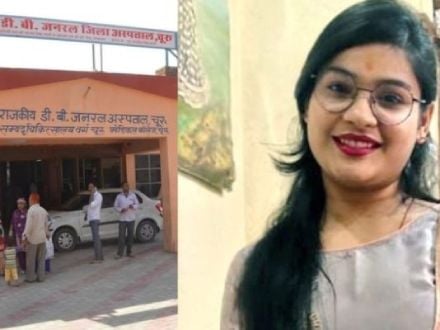 Rajasthan: Woman found hanging at a beauty parlour, Arshad, 3 others booked
Rajasthan: Woman found hanging at a beauty parlour, Arshad, 3 others booked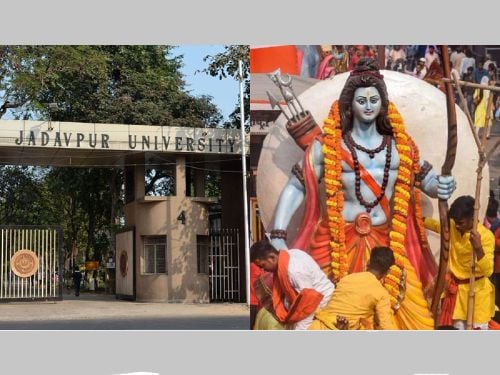 Jadavpur Univ revokes permission to celebrate Ram Navami on campus after granting it
Jadavpur Univ revokes permission to celebrate Ram Navami on campus after granting it Andhra Pradesh: Farooq kills mentally challenged Hindu man for insurance money
Andhra Pradesh: Farooq kills mentally challenged Hindu man for insurance money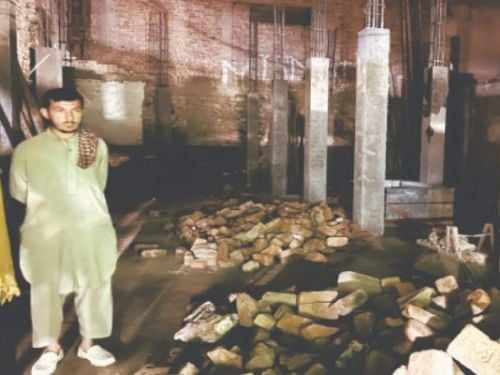 Pakistan: Ancient Hindu temple in Khyber Pakhtunkhwa demolished for commercial complex
Pakistan: Ancient Hindu temple in Khyber Pakhtunkhwa demolished for commercial complex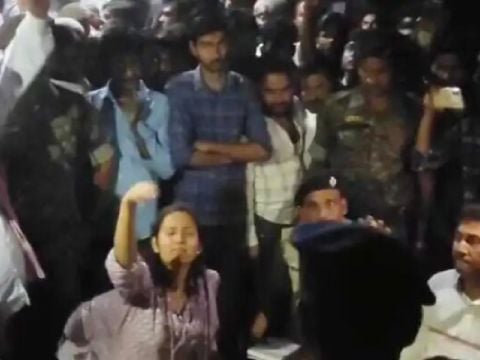 Bihar: Goddess Bhagavati Temple in Araria vandalised and deities damaged
Bihar: Goddess Bhagavati Temple in Araria vandalised and deities damaged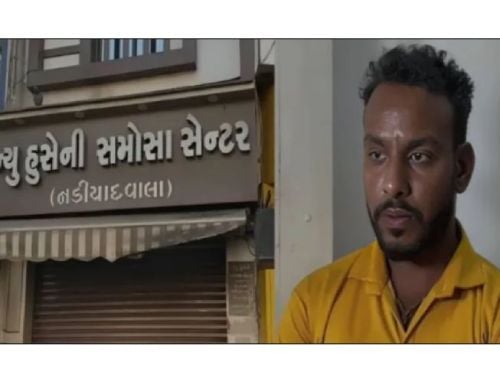 Vadodara: Beef supplier Imran Qureshi arrested in beef-stuffed samosa case
Vadodara: Beef supplier Imran Qureshi arrested in beef-stuffed samosa case